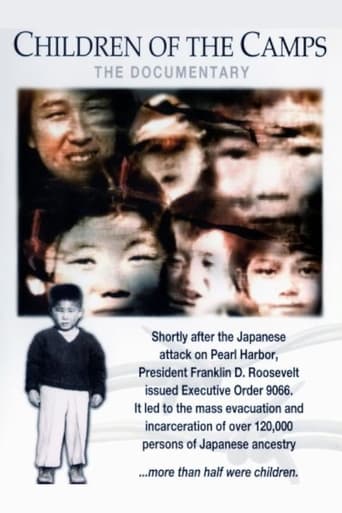
26 Apr 1999

Children of the Camps
Documentary following six Americans of Japanese ancestry who were held in U.S. internment camps during World War II.
This short documentary about the Canadian seamen who manned Canada's eastern ports during WWII is the first film in the Canada Carries On series. The film depicts the work of the Royal Canadian marines who accompanied convoys of military supplies to the Allied Forces and those who remained on the eastern coast to defend against the Germans.
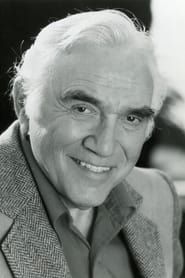
Narrator

26 Apr 1999

Documentary following six Americans of Japanese ancestry who were held in U.S. internment camps during World War II.
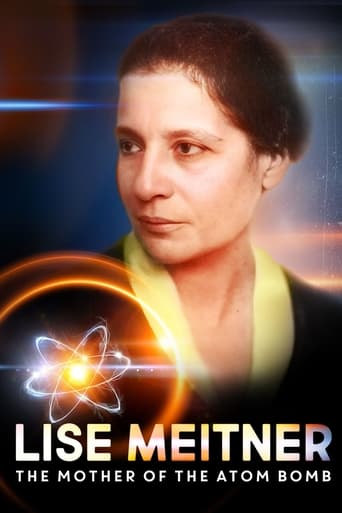
02 Feb 2013

To historians, physicist Lise Meitner deserves to be placed on a par with Einstein, Heisenberg and Otto Hahn. In the 1930s on the verge of World War II, she led a small group of scientists who discovered that splitting the atomic nucleus of uranium releases enormous energy. This extraordinary film tells the story of a woman who was far ahead of her time as a scientist and a pioneer of feminism.

29 Jan 2020

Waffen-SS officer Otto Skorzeny (1908-75) became famous for his participation in daring military actions during World War II. In 1947 he was judged and imprisoned, but he escaped less than a year later and found a safe haven in Spain, ruled with an iron hand by General Francisco Franco. What did he do during the many years he spent there?
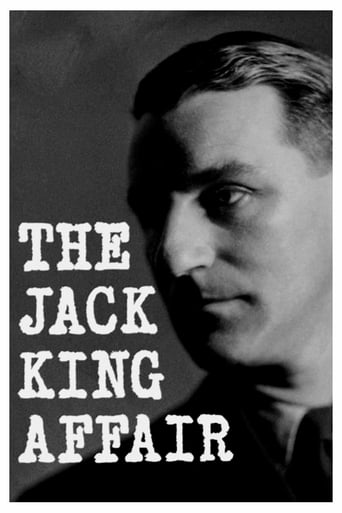
02 Nov 2015

England, 1940, during World War II. An MI5 officer, codenamed Jack King, infiltrates a network of conspirators, a British fifth column sympathetic to Nazi Germany, in order to control the organization and destroy it in the event of a German invasion. But who was he? A single person or several?

01 Oct 2016

CREE CODE TALKER reveals the role of Canadian Cree code talker Charles 'Checker' Tomkins during the Second World War. Digging deep into the US archives it depicts the true story of Charles' involvement with the US Air Force and the development of the code talkers communication system, which was used to transmit crucial military communications, using the Cree language as a vital secret weapon in combat.
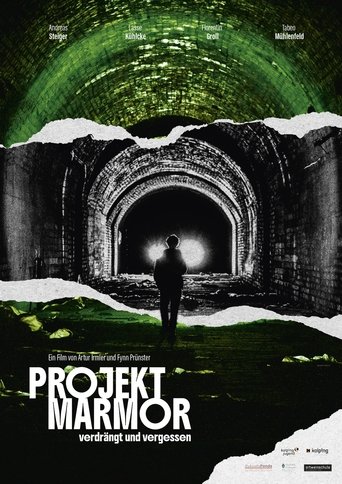
29 Apr 2025

No overview found
27 Feb 2021
No overview found
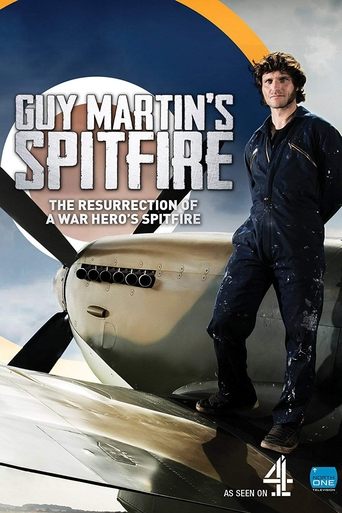
12 Oct 2014

Guy Martin joins the two-year restoration of a Spitfire that was buried in a French beach for decades, and tells the Boy's Own-style story of its pilot, Squadron Leader Geoffrey Stephenson
01 Sep 1964
Behind the scenes look at the D-Day special effects created in filming The Americanization of Emily (1964).
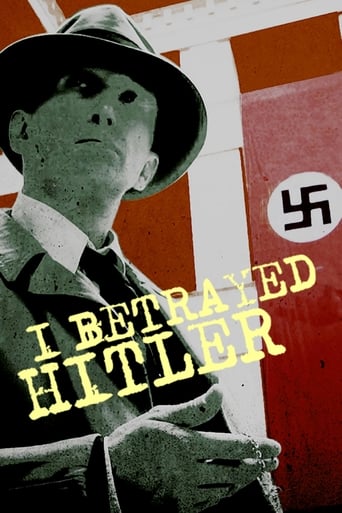
27 Mar 2016

During the worst days of World War II, the British government asks the mathematician Alan Turing to unravel the mysteries of the German Enigma encryption machine, an impossible task to accomplish without the invaluable information that Hans-Thilo Schmidt, a disenchanted but greedy German citizen, had been handing over to the French secret services since 1931.
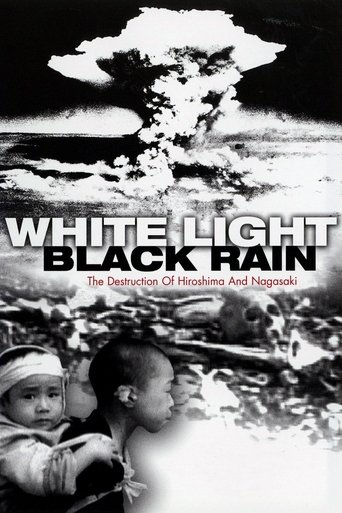
06 Aug 2007

Steven Okazaki presents a deeply moving look at the painful legacy of the first -- and hopefully last -- uses of nuclear weapons in war. Featuring interviews with fourteen atomic bomb survivors - many who have never spoken publicly before - and four Americans intimately involved in the bombings, White Light/Black Rain provides a detailed exploration of the bombings and their aftermath.
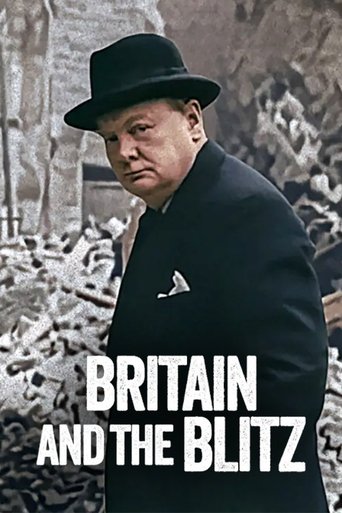
05 May 2025

Documentary looking back at a Britain during the darkest days of WWII using stunning new archived footage and interviews with people who lived through it.
24 Jan 2012
Recently, two photo albums with photos from Auschwitz were found in 1944. One belongs to Officer Karl Höcker and the other prisoner Lili Jacob, who survived the concentration camp. The pictures taken during the same months show completely different worlds. A documentary that once again tells this important and awful part of Europe's history.

01 Jan 1998

This documentary examines how Adolf Hitler and the Nazi regime made use of ancient mysticism, occultism, and mind-control techniques in their efforts to win the war.
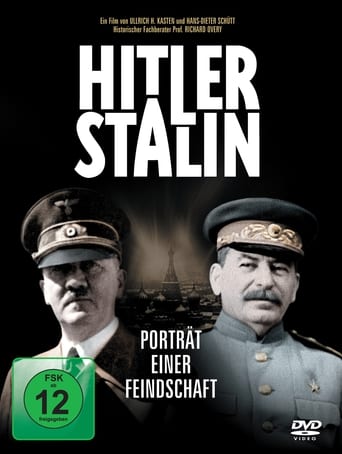
08 Apr 2009

A double portrait of two dictators who were thousands of miles apart but were constantly fixated on each other.
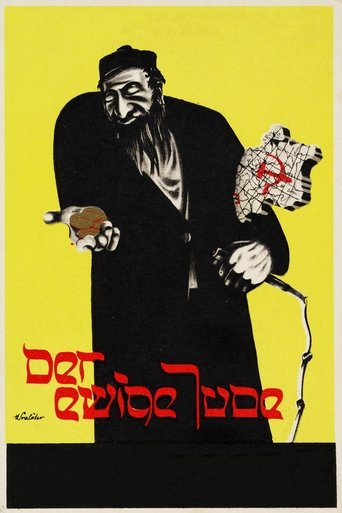
28 Nov 1940

A Nazi propaganda film made to promote anti-Semitism among the German people. Newly-shot footage of Jewish neighborhoods in recently-conquered Poland is combined with preexisting film clips and stills to defame the religion and advance Hitler's slurs that its adherents were plotting to undermine European civilization.
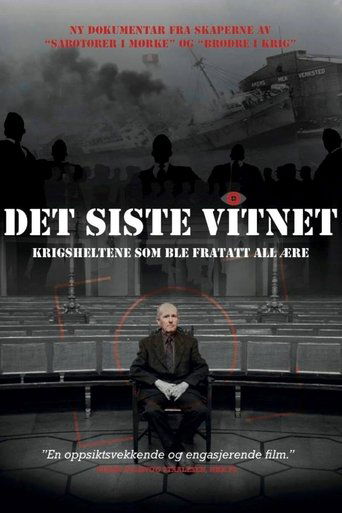
29 Oct 2013

No overview found
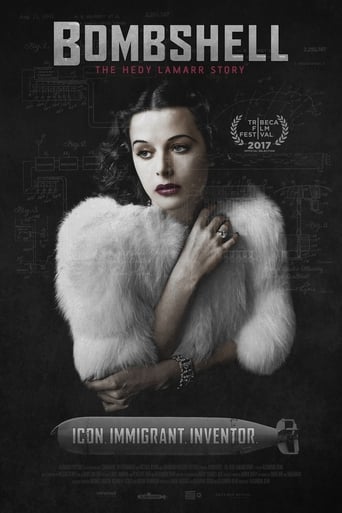
06 Jun 2018

The life and career of the hailed Hollywood movie star and underappreciated genius inventor, Hedy Lamarr.
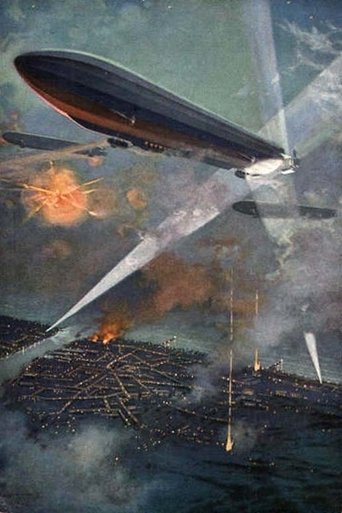
26 Aug 2013

Engineer Dr Hugh Hunt revisits the little-known story of the First World War's Blitz, when the Zeppelin waged an 18-month terror campaign on the people of London.
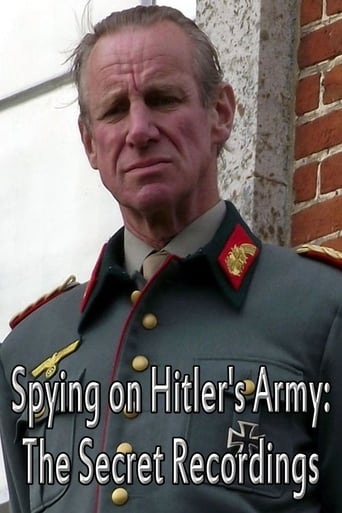
02 Jun 2013

British intelligence undertook an audacious operation to listen in on the private conversations of 10,000 German prisoners of war without their ever knowing they were being overheard. The prisoners' unguarded reminiscences and unintentional confessions have only just come to light, and prove how closely the German army were involved in the atrocities of the Holocaust. British intelligence requisitioned three stately homes for this epic task, and converted each into an elaborate trap. The 100,000 hours of conversation they captured provided crucial intelligence that changed the course of the war, and revealed some of its worst horrors, from rape to mass executions to one of the earliest bulletins from the concentration camps. But when the fighting ended, the recordings were destroyed and the transcripts locked away for half a century. Only now have they been declassified, researched and cross-referenced.